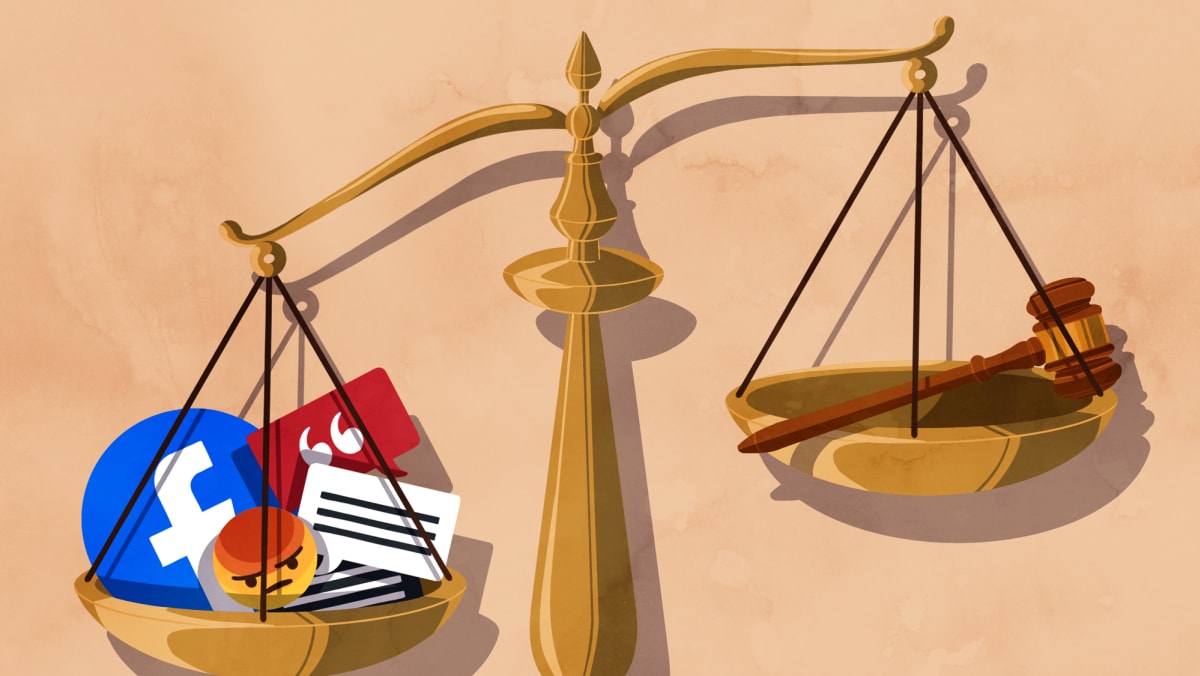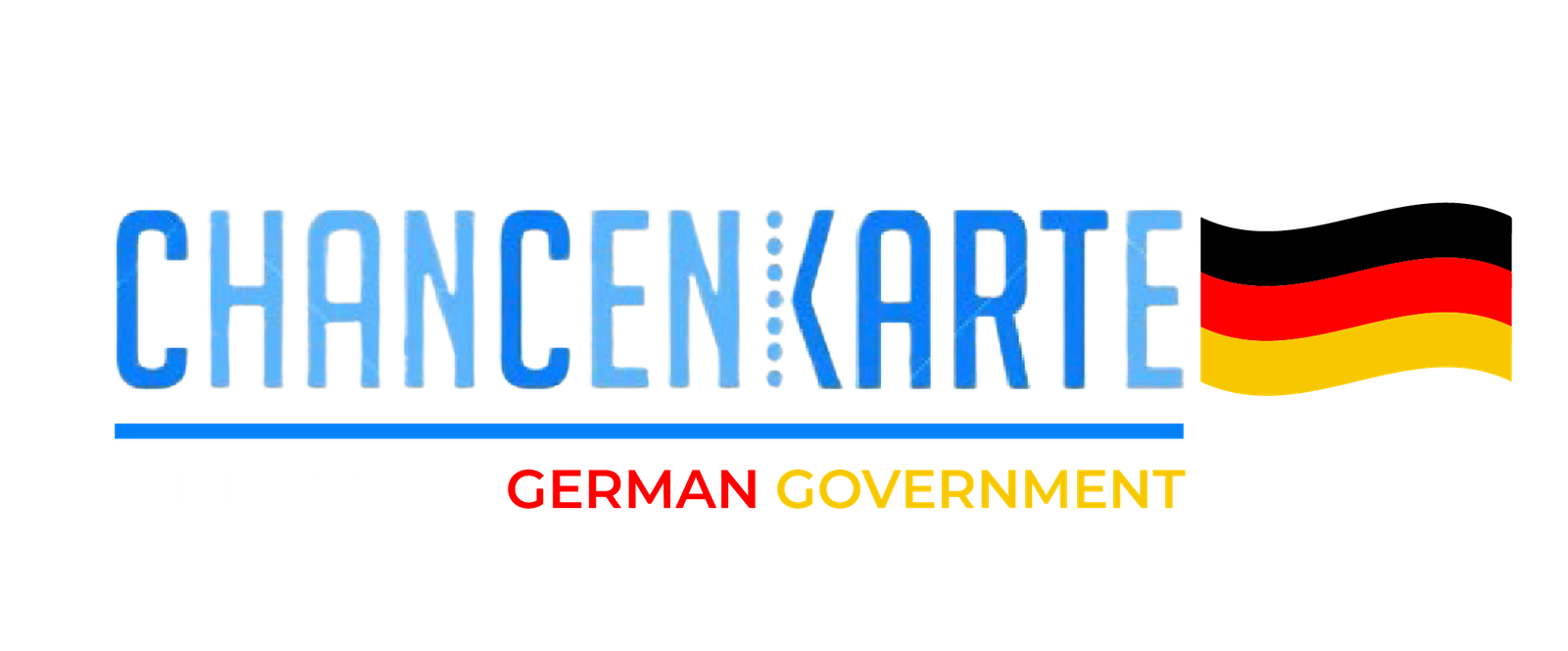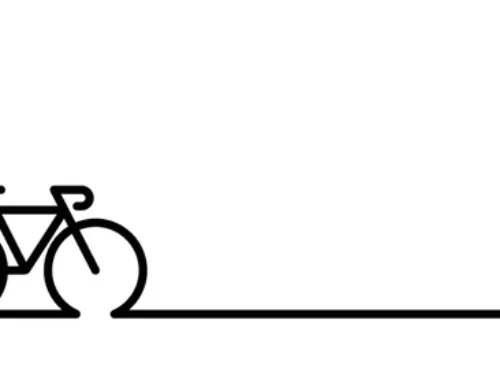Mastering the Internet Law and Media Law: Essential Guide for Navigating Online Regulations
The Internet Law and Media Law
Germany’s the internet law and media legislation aims to govern digital environments while safeguarding freedom of expression, and user privacy, and curbing the dissemination of harmful content. Germany’s extensive legislative framework underscores the equilibrium between freedom of expression and accountability in media utilization. This article is a summary of significant internet and media legislation in Germany.

1. Freedom of Speech
Article 5 of the German Basic Law (Grundgesetz) ensures the protection of freedom of expression and press freedom. This right pertains to both conventional media and digital venues, enabling individuals to express thoughts freely. This freedom is not absolute and is constrained by limits regarding.
Defamation or libel:
Hostility, bias, and provocation of violence.
Misleading information that can jeopardize public order or individual reputation.
Network Enforcement Act (NetzDG):
The NetzDG, or Network Enforcement Act, is crucial in the regulation of internet content. Enacted in 2017 and revised in 2021, this legislation focuses on social media platforms, mandating them to:
Eliminate unlawful content (e.g., hate speech, defamation, and incitement) within 24 hours of receiving a complaint, or within seven days for more intricate circumstances.
Provide periodical reports on their management of material removal and the complaints received. Platforms that fail to comply may incur substantial penalties, reaching up to €50 million. visit Council of Europe – Media and Internet Governance.
3. Data Protection and Privacy (General Data Protection Regulation):
Germany adheres to the General Data Protection Regulation (GDPR), which regulates data privacy within the European Union. Essential elements comprise:
User consent: Websites are required to notify users regarding data collecting and secure consent prior to the processing of personal data.
Organizations are required to notify the relevant authorities of data breaches within 72 hours.
Right to be forgotten: Individuals may petition for the removal of their personal data under specific circumstances.
Germany rigorously enforces these privacy regulations, and infractions may lead to substantial penalties for corporations.
4. Legislation Governing Media and Broadcasting:
The media in Germany is regulated at both the federal and state levels. State media regulations (Landesmediengesetze) regulate traditional broadcasting, whilst the Interstate Broadcasting Treaty (Rundfunkstaatsvertrag) oversees internet media platforms and streaming services. The agreement guarantees that:
Public broadcasters like ARD and ZDF are required to maintain impartiality and deliver balanced reporting.
Licenses are mandatory for internet broadcasters and video-on-demand services that operate in a manner akin to conventional television stations.
5. Copyright Legislation:
Germany possesses robust copyright rights, regulated by the Copyright Act (Urheberrechtsgesetz). It pertains to digital content, guaranteeing that authors retain the rights to their creations. In 2024, more stringent regulations were implemented to:
Prohibit the illicit dissemination of copyrighted content on sites such as YouTube and social media.
Mandate upload filters on major platforms to inhibit the posting of copyrighted information without authorization.
6. Addressing Misinformation:
Germany has implemented strategies to combat misinformation and disinformation, especially following the dissemination of misleading information during elections and health emergencies such as COVID-19. Social media platforms must remove damaging content and ensure transparency regarding their efforts to prevent misinformation.
7. Recent Developments (2024):
As of 2024, Germany has further refined its media legislation, concentrating on:
Enhancing platform accountability: New regulations mandate increased transparency from platforms about algorithmic determinations of content visibility.
Safeguarding minors: Strengthened legislation shields children from hazardous online content with more rigorous age-verification mechanisms and content surveillance capabilities.
Conclusion:
Germany’s internet and media legislation achieves an equilibrium between safeguarding freedom of expression and shielding society from detrimental content, misinformation, and breaches of privacy. The Network Enforcement Act (NetzDG) and GDPR constitute the foundation of online content regulation, whereas traditional media is regulated by both state and federal legislation. As of October 2024, Germany remains in the forefront of rigorous rules that foster responsible digital and media operations. visit Chancenkarte – German Media and Internet Policy.



